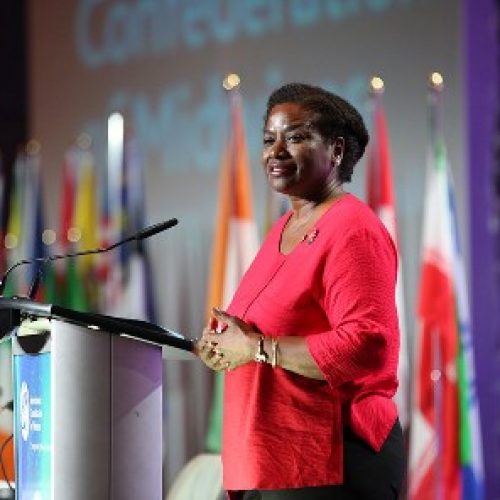Exclusive breastfeeding saves more children than other preventive interventions – Experts
-
Saves 13% child deaths
Medical experts have said that exclusive breastfeeding has the potential to save more children’s lives than any other intervention.
According to experts, exclusive breastfeeding entails feeding a baby only breast milk, without any other foods or liquids except for medications or vitamin and mineral supplements.
The World Health Organization, WHO, recommends that infants only receive breast milk without any additional food or drink, not even water and that a mother breastfeeds the infant on demand.
A Nutrition Specialist, Mrs. Ada Ezeogu, who spoke at a two-day media roundtable organised by the United Nations Children’s Fund, UNICEF, in conjunction with the National Orientation Agency (NOA) Lagos recently, stressed that breastfed children have at least six times greater chance of survival in the early months than non-breastfed children, adding that an exclusively breastfed child is 14 times less likely to die in the first six months than a non-breastfed child.
“Thirteen percent of child deaths can be averted due to exclusive breastfeeding and six percent of child deaths could be prevented if infants 6-24 months are fed adequate complementary foods.”
Emphasizing that the first 1,000 days of a child is a foundation for lifelong health, she said: “An estimated 13 percent of child deaths could be averted if 90 percent of mothers exclusively breastfed their infants for the first six months of life.
“If the same proportion of mothers provided adequate and timely complementary feeding for their infants from six to 24 months, a further six percent of child deaths could be prevented,” Ezeogu said.
She noted that breast milk which is 88.1 percent water, fat 3.8 percent, protein 0.9 percent, lactose 7.0 percent and others 0.2 percent has so many short-term and long-term benefits.
Such short-term health benefits, according to her, include: fewer infections, fewer gastrointestinal disorders, lower risk of sudden infant death syndrome, emotional bonding and loving relationship between mother and baby.
Similarly, she said, long-term health benefits include: improved growth and development, higher intelligence quotient, IQ, lower risk of obesity, more emotionally secure, improved cardiovascular disease through life, lower risk of childhood cancer (including leukemia) and lower risk of diabetes among others.







0 Comments
No Comments Yet!
You can be first to comment this post!